Birthday Blues
Estimated reading time: 7 minutes, 58 seconds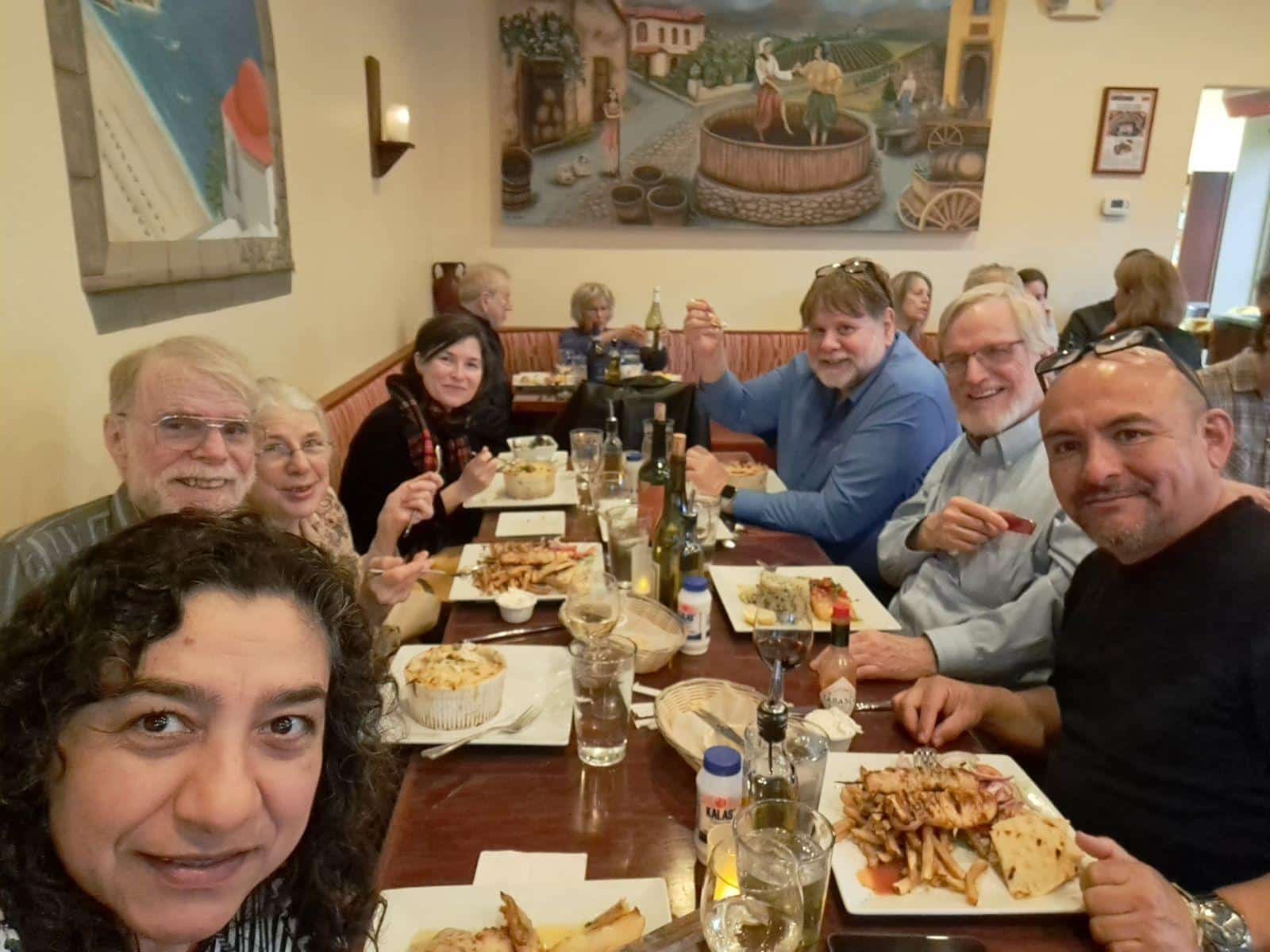
Thoughts on the Seventy-fifth Orbit of the Sun!
I have always preferred not to celebrate my birthday, as a year is too short to measure any significant change or growth. After I met Jan, whose birthday falls just twenty-five days after mine, I used to joke that we could skip the month of March and celebrate her birthday instead. However, my wife didn’t appreciate my attempts to avoid celebrating my birthday.
Throughout 2021, Jan’s health had been a cause for concern. She had been hospitalized twice, and both times, she had to stay away from home for an extended time, starting from Valentine’s Day. She expressed her desire to return home before my birthday; finally, the day arrived when she could return. I was overjoyed about her return, not because of my birthday, but because I longed to see her and have her back home.
As a family, we decided to have a FaceTime call on my birthday, and I set up the laptop on the side of our dining room. Jan was comfortably seated with the support of the chair’s arms. As I had been playing the role of a caregiver for more than a year, I was grateful to be able to participate in the call, even if only through my voice. It was a bittersweet moment, as I couldn’t be physically present to celebrate my birthday with my family, but I was happy to see Jan’s smiling face and hear the voices of my loved ones.
My Seventy-Fifth Birthday
Yesterday was special for me as I reached three-quarters of one hundred years. It was a milestone for me, similar to completing my 1061st consecutive day of morning walks since burying my wife, and I felt proud of myself for sticking to this healthy habit. While completing the third mile of my walk, I received an unexpected call on my Apple Watch. It was from a dear friend who wanted to wish me a happy birthday. Even though I was wearing gloves, I attempted to answer the call, but unfortunately, I missed it, and it went to voicemail. However, when I listened to the voicemail, it was so heartwarming that I felt a wave of emotions. My friend had sung the “Happy Birthday” song, one of the sweetest things anyone had ever done for me. It made my morning walk more enjoyable than any walk I’ve taken this year, and I felt grateful for having such a fantastic friend in my life.
After listening to my Apple Watch voicemail, I finished walking to enjoy the beautiful weather, realizing I no longer needed my gloves. As I was crossing the footbridge, I unexpectedly ran into my dear friend Peter. He was out for a long stroll with his beloved English Bulldog, and we happily greeted each other. We stopped to notice the breathtaking lower nearby blooming much earlier than usual. The vibrant colors and sweet fragrance were a true delight to the senses. Despite the ongoing climate emergency, the beauty of nature never fails to amaze us.
As we admired the flowers, I casually told Peter it was my birthday. To my surprise, when I told him, he couldn’t believe my age. “You can’t be 75!” he exclaimed. I thought you were closer to my age of 58!” We both laughed and continued our walk, enjoying each other’s company and the beauty of the natural world around us.
I couldn’t help but feel grateful for having such a close and supportive friend. To express my heartfelt gratitude, I listed out my three birthday blessings, and Peter listened intently, his eyes lighting up with happiness at my words. When I finished, he took a moment to describe how much I had inspired him with my positive outlook on life, and I felt a deep sense of pride and contentment within me. As we were out to say goodbye, Peter immediately looked at me and said, “I love you. May God bless you!” His kind and heartfelt words left me feeling uplifted and renewed, grateful for the precious gift of his friendship.
Over dinner at Ambelis, I thought of a memory from the last time I saw my mom. She was in a nursing home. It was the middle of December 2013, and I spent three days sitting by her bed from early morning until late at night. She was weak and slipped in and out of sleep. At one point, she asked me if God had tested her when she was younger and had numerous bouts of cancer. “I am so much healthier than everyone else here,” she explained. Maybe God tested me, which is why I am healthier.” I thought about an answer and realized she only wanted affirmation. Now that the loss of my wife has tested me, her question haunts me.
I am unsure if I subscribe to the concept of God testing me during my trying times. However, I consider myself immensely fortunate to have received boundless love and support from countless people, six of whom were present with me for my birthday. The grieving process was a formidable challenge, but I am grateful to have emerged on the other side. My experience has been transformational, and its impact on my life will undoubtedly be positive and long-lasting.
Recently, my friend Mark expressed his eagerness to imagine the next twenty-five years of my life. Though I found his comment light-hearted, I reminded him I would be a hundred years old by then. To my surprise, Mark replied that he would be honored to celebrate that milestone with me. The idea intrigued me, and I shared the news with my friend Franco, the owner of Venue 104, who was thrilled and immediately marked the event on his calendar. As I am still deciding if I can attend, I invite you to join me in celebrating my centennial on March 30, 2049!
After almost 48 years, I recently lost my wife, Jan Lilien. Like The Little Prince, Jan and I believed that “The most beautiful things in the world cannot be seen or touched, they are felt with the heart.” This blog is a collection of my random thoughts on love, grief, life, and all things considered.


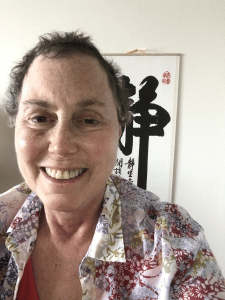
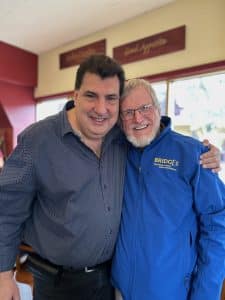
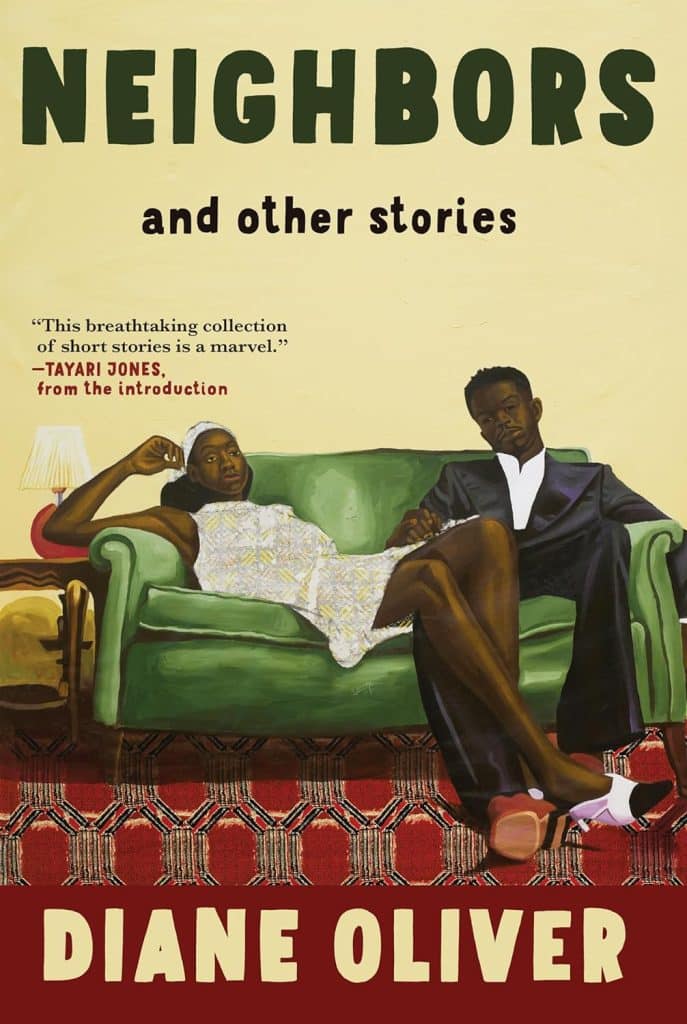
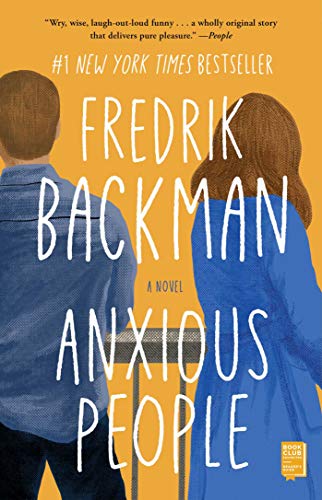
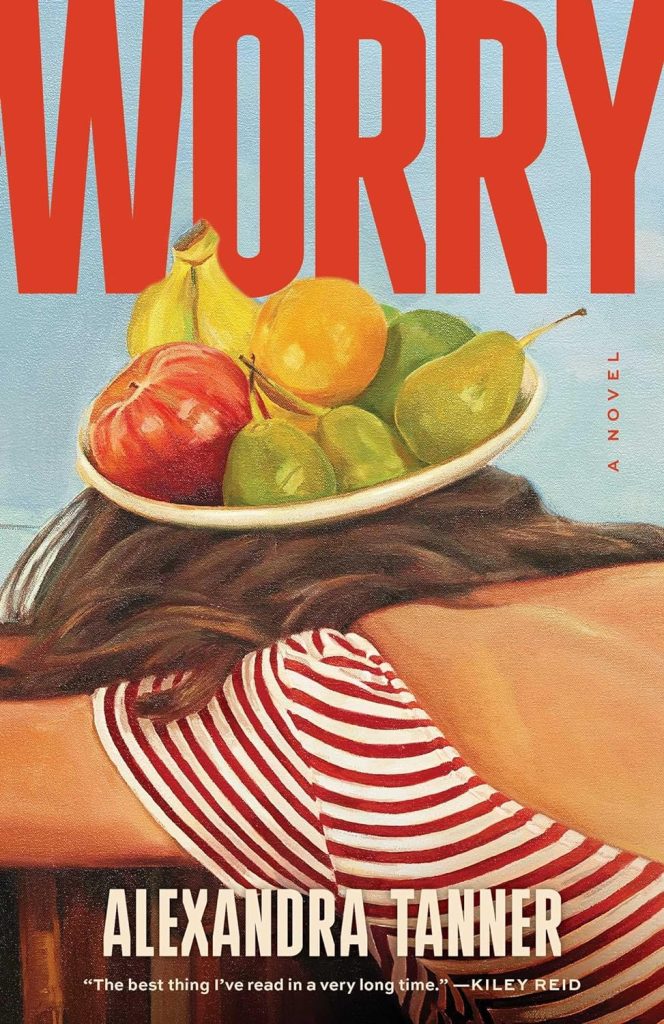
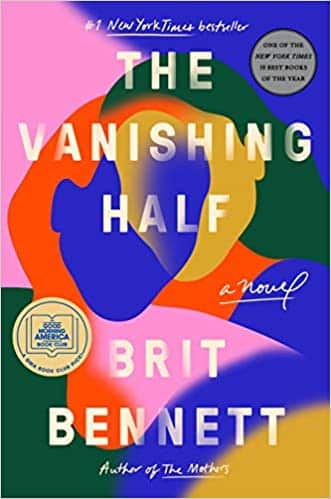
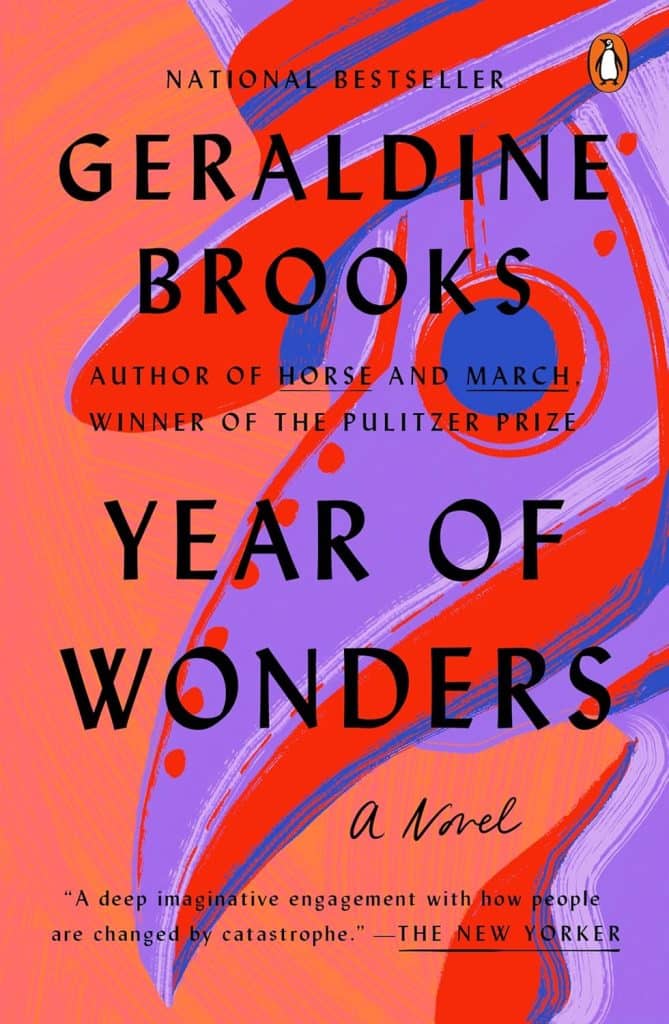
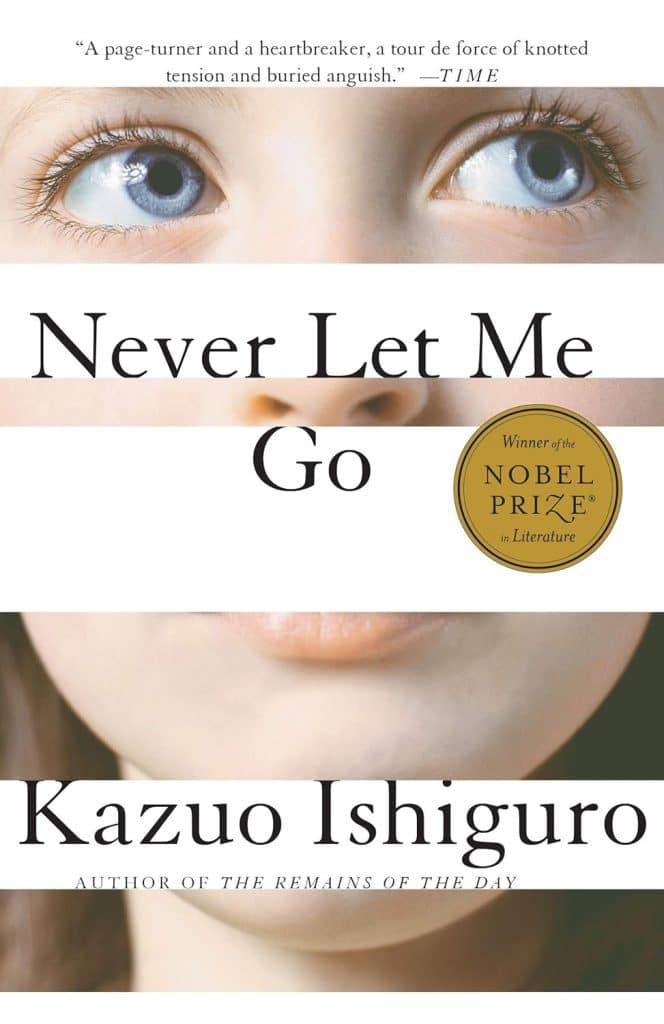
Your 100th birthday is on my calendar too.
Love ya, Mark
Mark, I want to share something personal with you. Before the tragedy of 9/11, I had a positive outlook on life and was optimistic about reaching the milestone of 100 years old. However, my late wife, Jan, had a different perspective on life and wasn’t sure if she wanted to live that long. After losing her almost three years ago, I have been on a journey to rebuild my self-confidence and find a new sense of purpose.
Although life is unpredictable and has no guarantees, I have realized that I cherish every moment and want to live life to the fullest for as long as possible. I hope to celebrate a centennial with you someday and spend more quality time together.
Today, I am grateful to have you by my side as I celebrate my 75th birthday. Thank you for your constant support and for being a true friend.